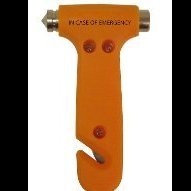Help New refrig ground wire
-
Recently Browsing 0 members
- No registered users viewing this page.
-
Topics
-
-
Popular Contributors
-
-
Latest posts...
-
12
Driver License renewal
Been reported in another threads/other offices. Why? Maybe because it's free and immigration does not like free services. -
-
5
-
5
-
5,108
-
1
UN Urges UK to Scrap Chagos Deal and Protect Chagossian Rights
Long live the Brit Club. If you know, you know.
-
-
Popular in The Pub




.thumb.jpeg.d2d19a66404642fd9ff62d6262fd153e.jpeg)




.thumb.jpg.bc523c85a8d558dbc282dca7a2e602c9.jpg)
Recommended Posts
Create an account or sign in to comment
You need to be a member in order to leave a comment
Create an account
Sign up for a new account in our community. It's easy!
Register a new accountSign in
Already have an account? Sign in here.
Sign In Now